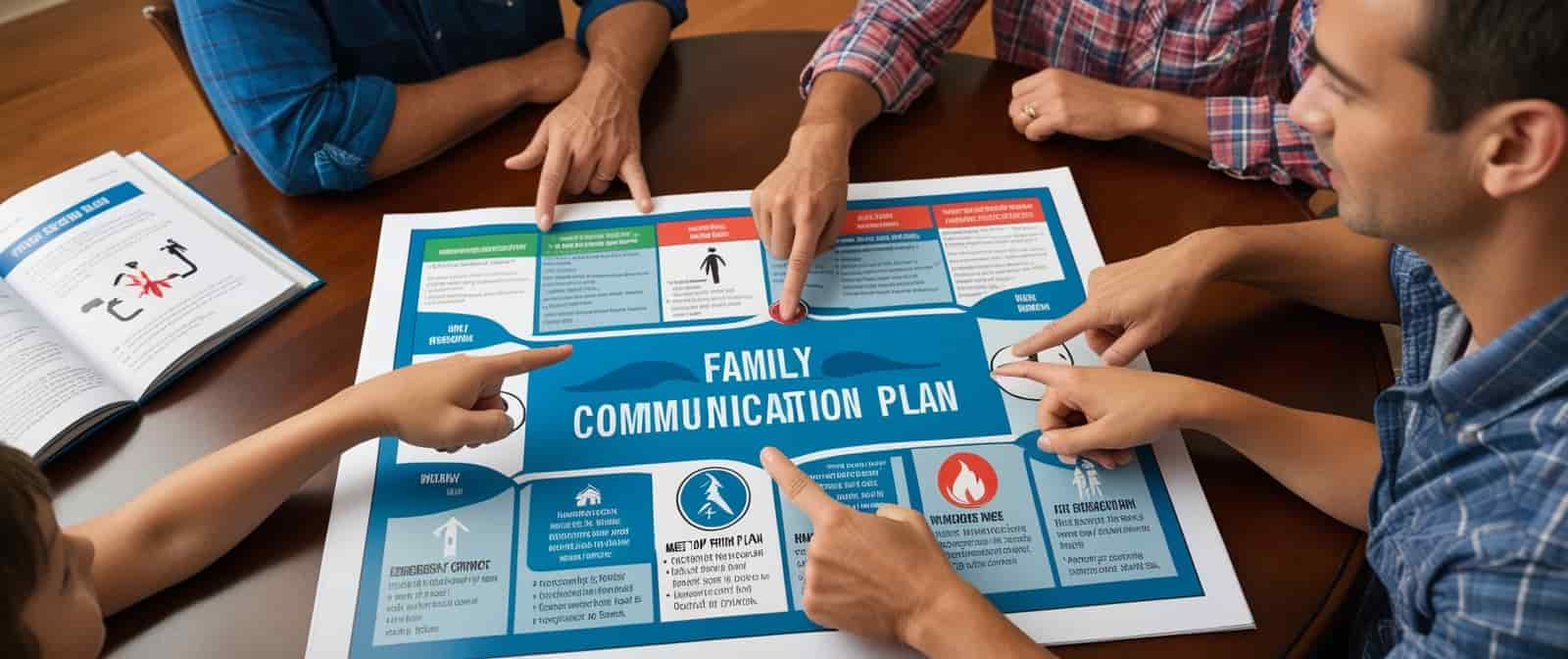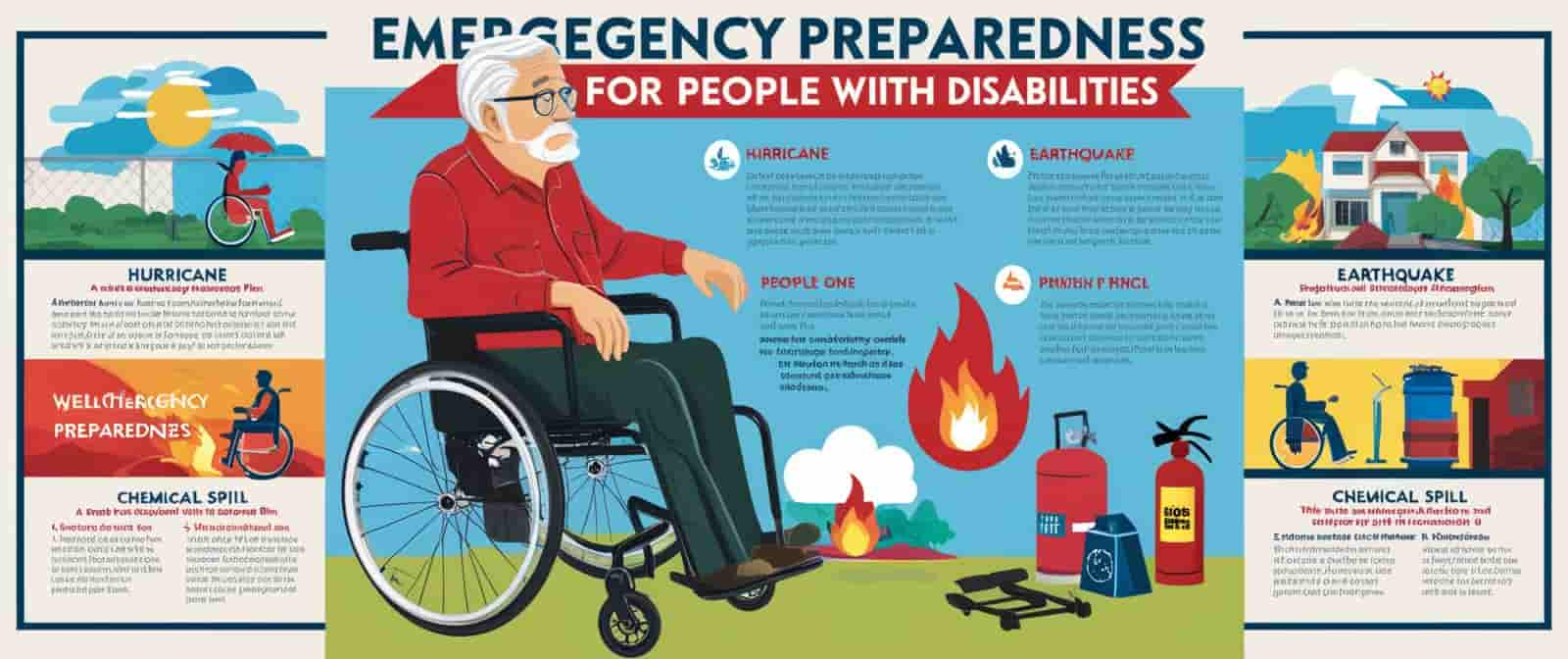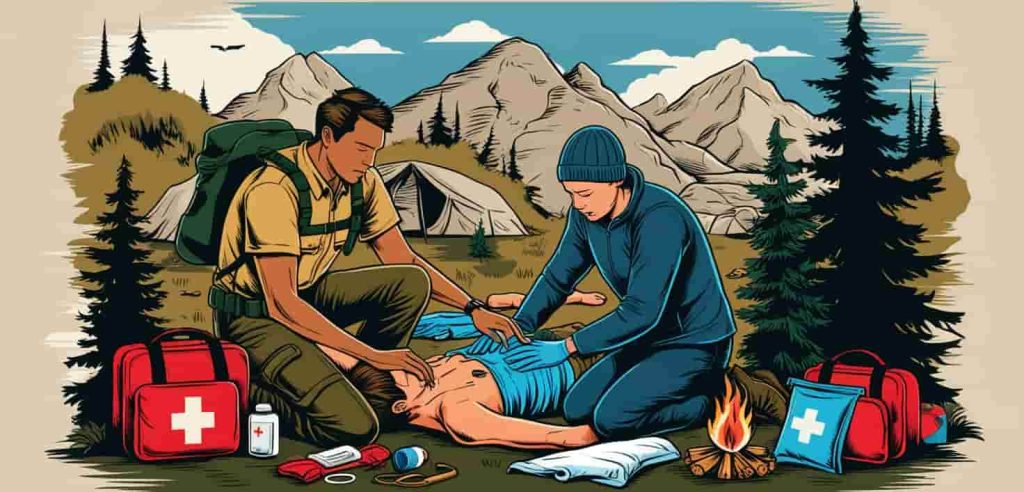An emergency plan is a comprehensive strategy designed to guide you and your loved ones through the chaos and uncertainty of a crisis. Whether dealing with natural disasters, medical emergencies, or man-made events, having a well-thought-out emergency plan can save lives and reduce stress.
Begin by assessing the specific risks and hazards that may affect your area. Understanding the types of emergencies you are most likely to face allows you to tailor your plan accordingly. Create detailed response strategies for each scenario, including evacuation routes, communication methods, and safe meeting points.
Effective communication is a cornerstone of any emergency plan. Establish a communication strategy that includes contact information for family members, friends, and local emergency services. Designate an out-of-town contact to relay information if local communication lines are disrupted. Ensure everyone in your household knows how to send and receive emergency messages.
Evacuation planning is another critical aspect of your emergency plan. Identify multiple evacuation routes and practice them regularly. Designate safe meeting locations both within and outside your immediate area. Prepare an emergency kit with essential supplies, including food, water, medications, and important documents, that can be quickly grabbed during an evacuation.
Incorporate specific plans for different types of emergencies, such as fires, floods, earthquakes, and medical crises. Each scenario may require unique responses, so tailor your strategies to address the specific challenges of each situation. For example, in the event of a fire, know how to safely exit your home and use fire extinguishers.
Regular drills and practice sessions are vital to ensuring everyone understands the emergency plan and can execute it under pressure. Conduct regular family meetings to review and update the plan, address any concerns, and reinforce the importance of preparedness.
By creating and maintaining a comprehensive emergency plan, you can increase your resilience and ability to navigate the challenges of any crisis, ensuring the safety and well-being of your loved ones.
Related Post
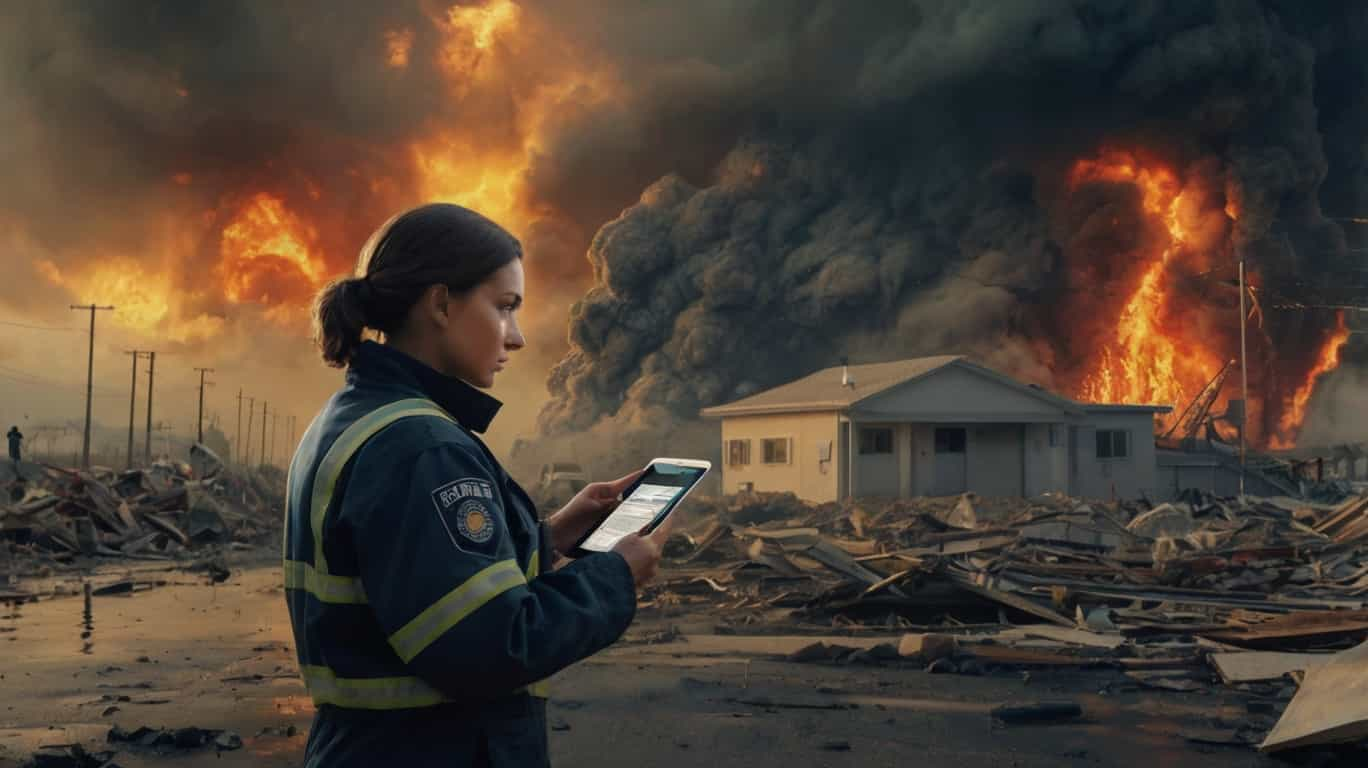
Optimizing Crisis Response Through Better Communication
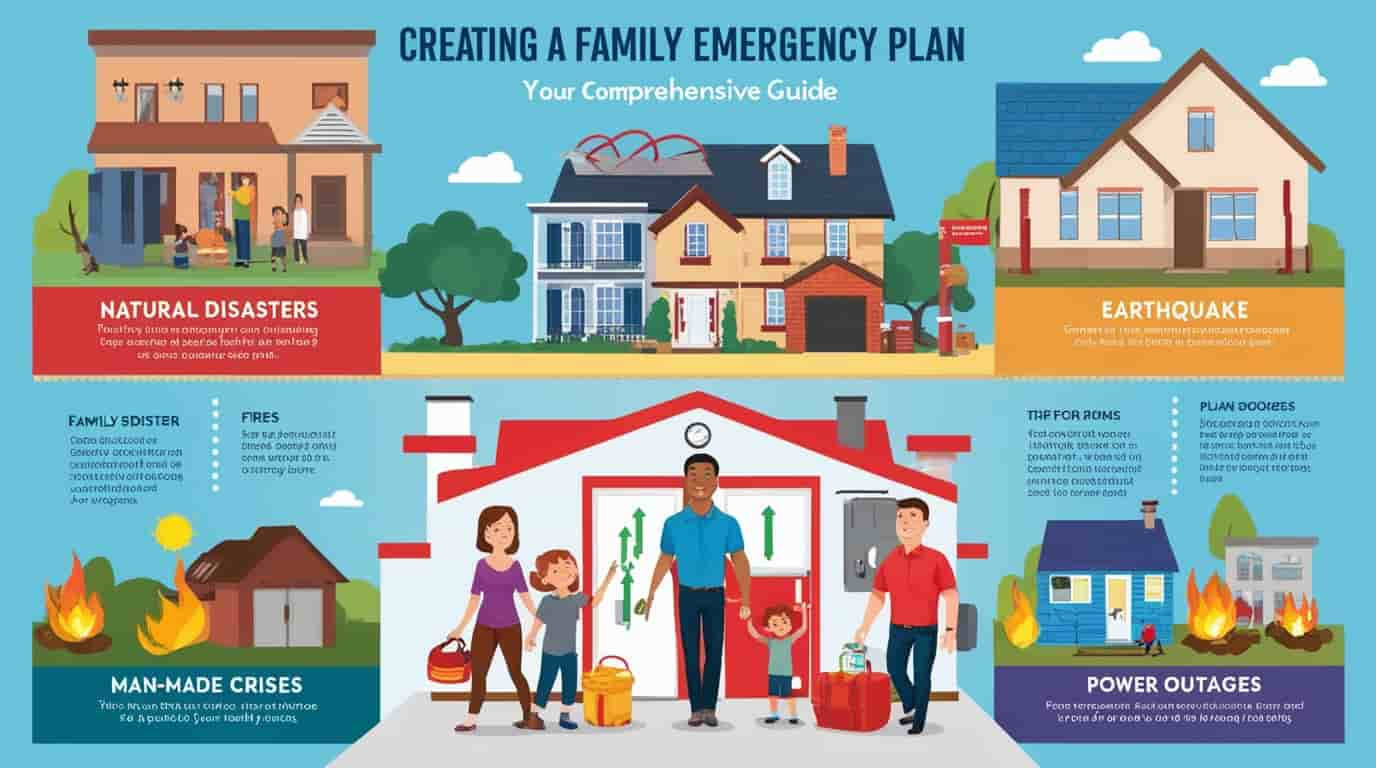
Creating a Family Emergency Plan: Steps to Get Started
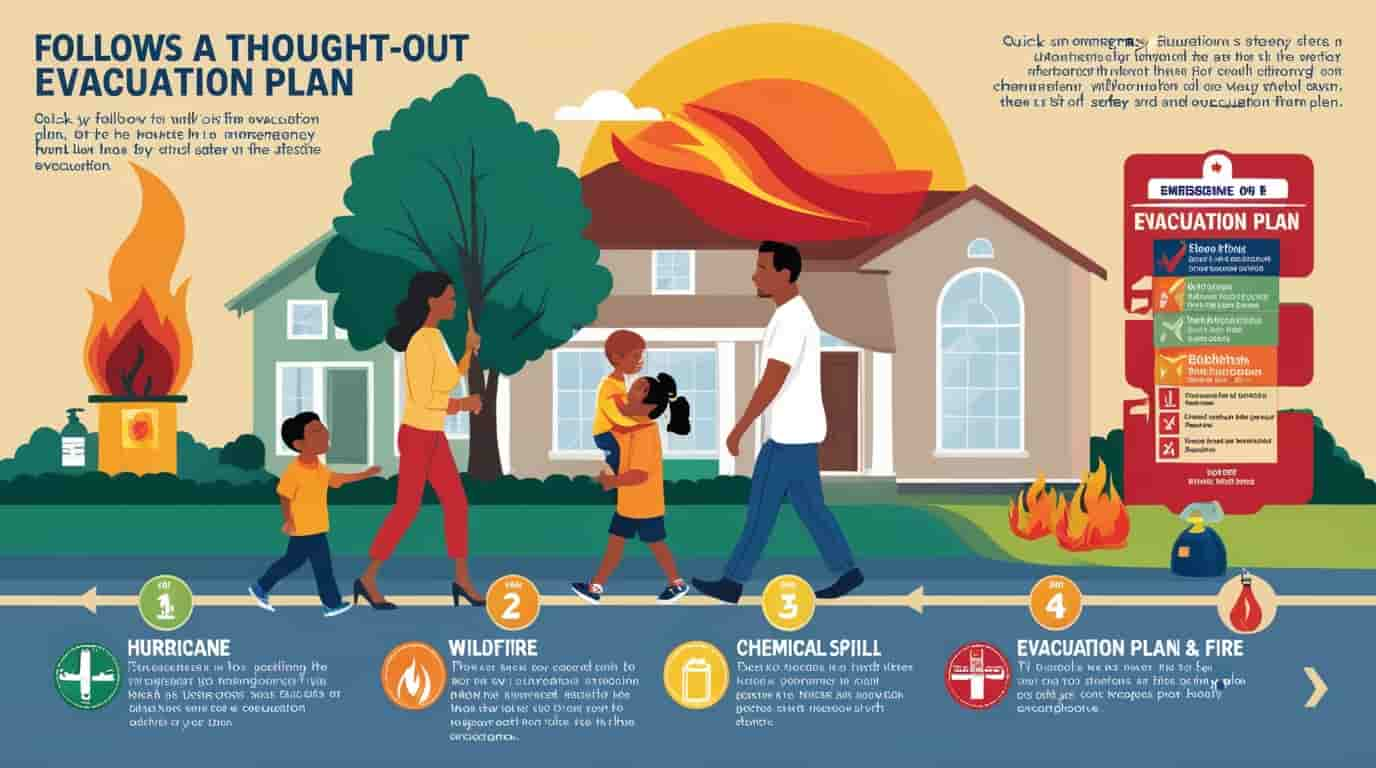
How to Create an Effective Evacuation Plan
